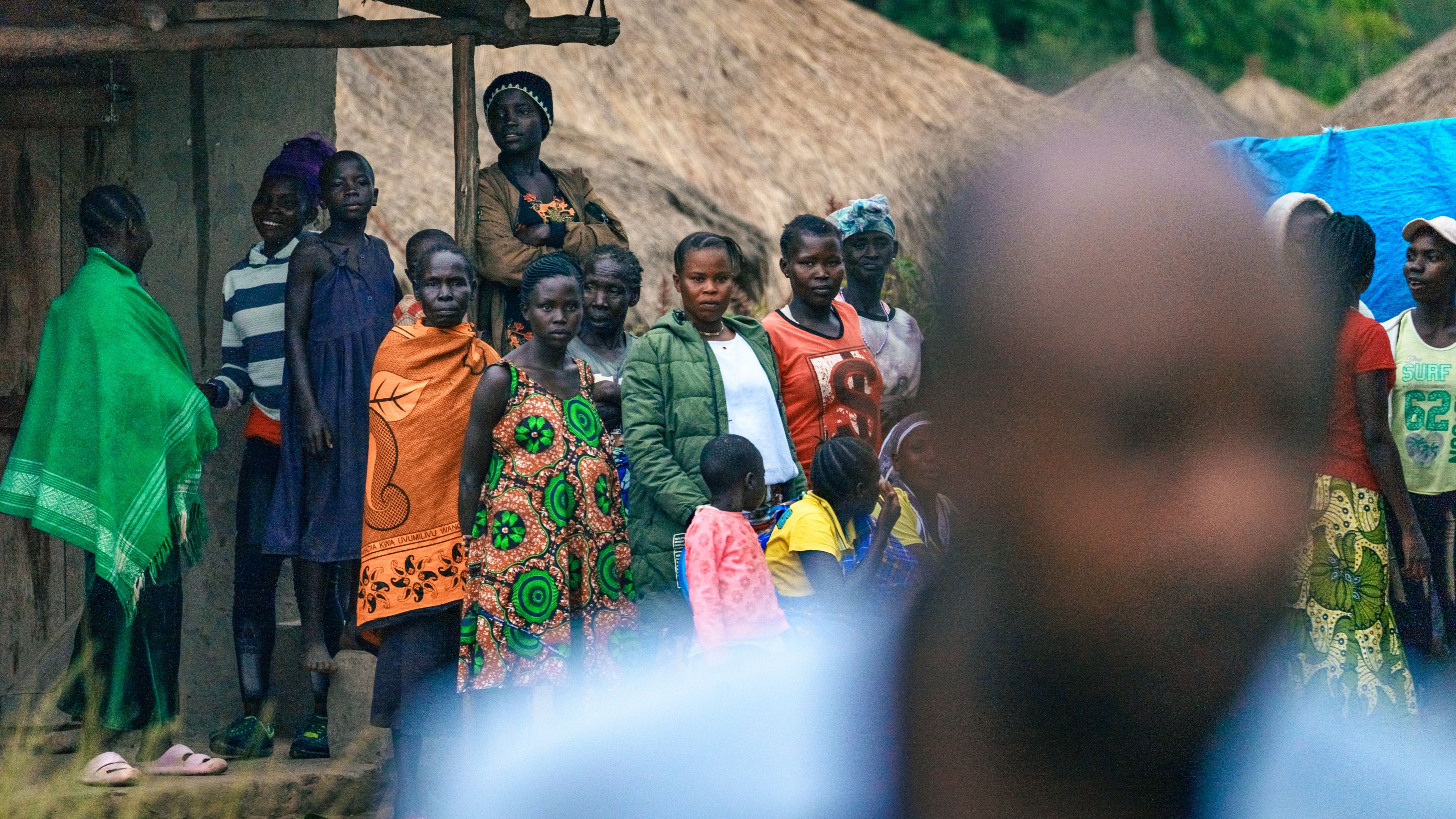Women and men live and use cities in very different ways. Yet, in many cases, urban planning and policies do not take these differences into consideration – leading to exclusion and lost opportunity. In almost all instances, the process of planning and delivery of investments in city development remains neutral at best, but almost always insensitive to women’s needs and roles – impacting women in practical as well as strategic ways.
And women and society are paying the price. Throughout the world, policies, customs and practices divert resources away from women so that they have fewer opportunities and rights. According to the Global Poverty Project, women make up half the world’s population yet represent 70 per cent of the world’s poor – a staggering figure.
Countries are paying the price too, in lost purchasing power, lost taxes and a distorted demand for public services. In 2013, the International Monetary Fund found that some regions were losing up to 27 per cent of GDP per capita as a result of not fully engaging women in the labour force.Study after study has shown that women make a major impact on development by promoting household economic resilience, more equitable decision making and less corruption.
|
“Partnering with Cities Alliance members and partners will create a highly visible platform for promoting the role of women in local government decision making, which is a major part of achieving gender equality in cities and key focus area for UCLG.” – Emilia Saiz, Director, UCLG |
The Cities Alliance believes strongly that women can be sources of positive change in cities, and as a partnership we are committed to helping make that happen.
We have implemented a new Gender Equality Strategy that seeks to embed gender throughout our work programme, and gender equality is one of the key pillars of our Medium-Term Strategy for 2014-2017. As part of this strategy, Cities Alliance members – many of whom have their own gender programmes – have also established a Joint Work Programme to undertake a range of collaborative activities promoting gender equality.
Our vision for gender-inclusive cities
The Cities Alliance Gender Equality Strategy seeks to address and reduce gender inequality in developing cities. We are working towards articulating and deepening clear, simple ways to understand roles, functions and needs through a gender lens so that:
- Both women and men have decent jobs, political voice and services designed to support them in their multiple and intersecting roles as breadwinners, carers and community managers
- Men, women, girls and boys are well educated, enjoy optimal health and can move around freely and safely
- Mixed-used planning reflects the ways in which men, women, girls and boys actually live, work and learn, and these needs are reflected in the way cities are planned and developed
- Local government policy is committed to working with citizens to ensure relevant financial and business services and gender-responsive housing and land-use policy
- Local government officers know how to ensure that equitable growth and gender equality go hand-in-hand, and are committed to the sustainable achievement of both
As part of the strategy, gender equality is being embedded throughout the Cities Alliance work programme, with a focus on women’s rights and urban governance. We are also updating our screening process to ensure that no opportunities for mainstreaming gender are missed, in both design and execution of programmes with which we are associated.
We plan to compile and disseminate knowledge on gender mainstreaming, including the production of a flagship study on gender equality in sustainable urban development. In addition, we are supporting disaggregated city-level data collection and capacity development to help cities and communities obtain data on gender-related issues so they can make more informed decisions.
The Cities Alliance is also taking steps to promote gender equality within our own organisation. The strategy outlines a path to helping the Secretariat achieve gender parity within five years, through equitable employment practices and a positive organisational culture.
A partnership for action
One of the most effective ways we are implementing the Gender Equality Strategy is through a Joint Work Programme (JWP) that leverages the unique diversity of Cities Alliance members for advocacy, activities, and knowledge development.
| “Any effort to create inclusive cities must embrace the role women at the grassroots level play in driving change and community empowerment, and the JWP will help spread this message on a global level and shape the Cities Alliance partnership's activities.” –Sheela Patel, founder of SPARC and chair of SDI |
The JWP will make sure that sound gender-responsive programming has been incorporated into each of the four Cities Alliance business lines – Country Programmes, Catalytic Fund, Analytic and Strategic Activities, and Communications and Advocacy – so that women and girls may have not only more opportunities to contribute to sustainable urban development, but also secure the right to political representation, economic inclusion and dignified living.
It will also deliver outputs in advocacy, programming tools and diagnostics and knowledge and research products.
So far, the JWP comprises United Cities and Local Governments (UCLG), Shack/Slum Dwellers International (SDI), Sida, UN-Habitat, Habitat for Humanity International (HFHI), Brazil, United Cities and Local Governments Africa (UCLGA), Chile, Women in Informal Employment: Globalizing and Organizing (WIEGO) and SKL International, implementing agency for Sida. DFID is also a supporter.
The JWP has already held a very productive inaugural meeting in Brussels in January 2015. Participants finalised the Gender Equality Strategy, and drafted a concept note for how the JWP can frame its activities over the next three years. Members agreed to suggest potential focal themes for the JWP, such as women’s political leadership, livelihood strategies, gender-based violence, gender responsive urban planning, affordable housing strategies for women-headed households, etc.
The JWP will continue to meet over the course of the year to finalise the framework document.




